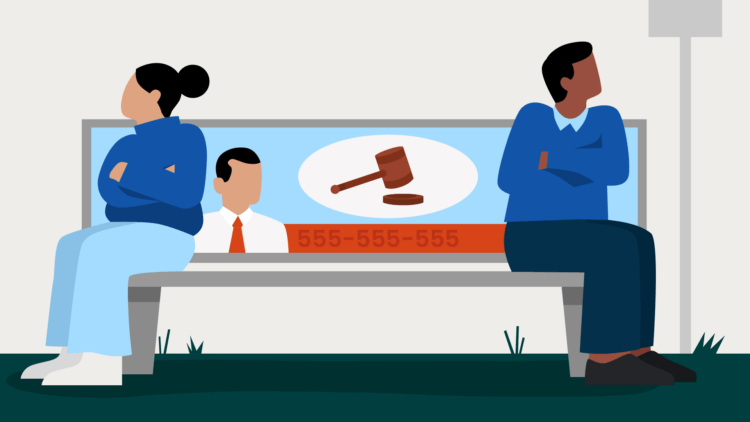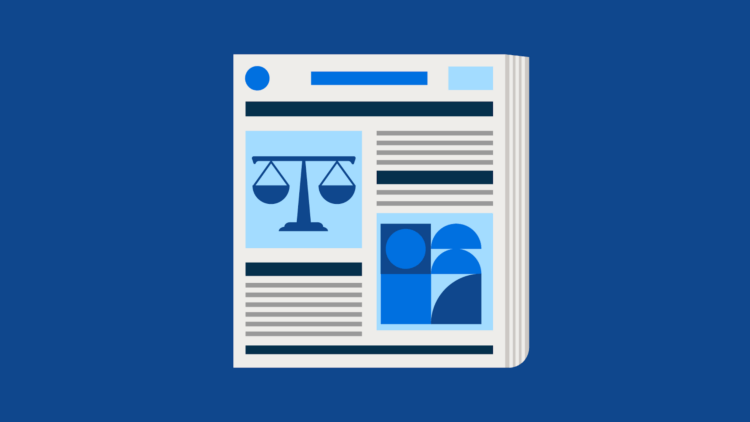Frequently Asked Questions
What is the impact of AI and bias in legal decisions?
The impact of AI and bias in legal decisions can be significant, as it has the potential to undermine the principles of fairness and justice. When AI algorithms are trained on biased data or programmed with biased instructions, they may produce discriminatory outcomes, disproportionately affecting certain individuals or groups. This can lead to unequal treatment, violations of civil rights, and a lack of trust in the legal system.
How can AI and bias in legal decisions be addressed?
Addressing AI and bias in legal decisions requires a multifaceted approach. Firstly, it is crucial to ensure that AI algorithms are developed and trained using diverse and representative data sets, minimizing the risk of perpetuating biases. Additionally, transparency and accountability in the design and implementation of AI systems are essential. Regular audits and evaluations should be conducted to identify and rectify any biases that may arise. Finally, legal professionals and policymakers must stay informed about the latest developments in AI technology and actively participate in shaping regulations and guidelines to mitigate bias in legal decisionmaking.

AI for Law Firms: How AI is Reshaping Legal
Unlock the transformative power of AI for your law firm with our on-demand webinar. Explore how artificial intelligence is reshaping the legal industry.





